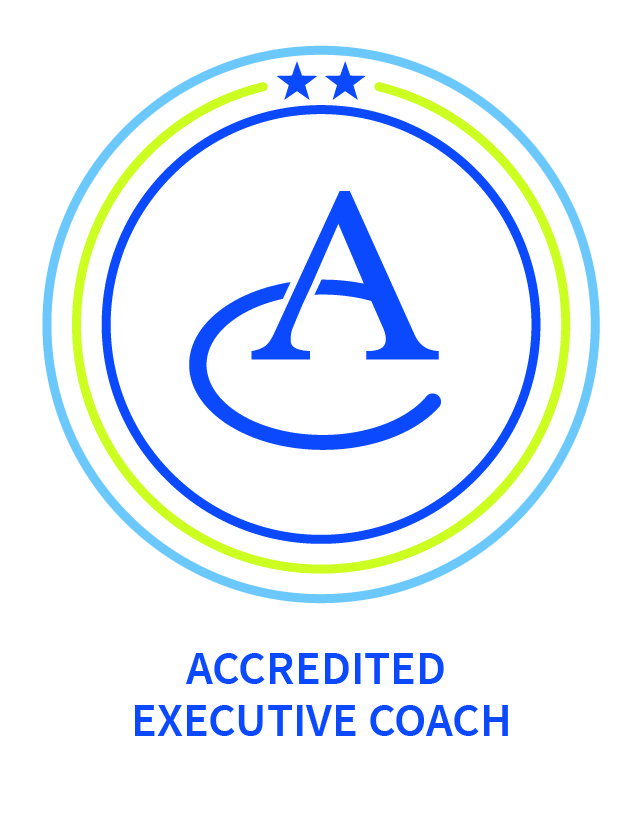What's Existential Coaching?
What's it really all about?
Existential thinking - about the really big questions in life - is beginning to be a real Thing in coaching these days, so how might it help YOU?
Here are some of the areas we might look at
- Finding your purpose
- Working out what really matters to you
- Homing in on your deepest values
- Eliciting what you really believe
Then we would look at some ways to make changes in these areas in accordance with your expressed goals, aims and wishes.
Existentialism concerns itself with the Big Questions, as also do the faith traditions. It acknowledges ‘that the world [is] a difficult place to be in, that the mere act of living life [can] be incredibly tough and challenging, even for people in seemingly affluent environments.’ (Jacob 2019, xxix), and that some level of anxiety is therefore part of life.
It differs from the faith traditions in that it presupposes that there is no intrinsic meaning or single truth in the universe, and that we have to create it for ourselves. As Sartre said, ‘Man is condemned to be free’ (quoted in Jacob, op.cit, 49). You may have a faith tradition, in which case you will not believe that there is no intrinsic meaning; however, it is still important to have thought about the Big Questions and to be clear in your answers. So an existential inquiry may well still be relevant for you, so that you may arrive at what the renowned theologian Paul Tillich called ‘the courage to be’ (quoted in Jacob, op.cit., 54).
Here are some of those Big Questions,
- Why am I here?
- How can I be happy?
- How do I make sense of suffering and pain?
- What does my life mean?
- Is this all that there is?
- What is the right thing to do?
- How can I cope better with my life, and even thrive?
We could say that those questions group around these ideas,
- Death
- Meaning
- Isolation
- Freedom
- Uncertainty
- Taking responsibility, making decisions
Your coach will not give you the answers. Rather, they will facilitate a conversation to uncover, in a sense of partnership, non-judgment and acceptance, your own answers, by deeply examining your own experience and going from there into insight, change and action. This is based on the method of ‘phenomenological inquiry’, where we aim simply to gather data, to describe what is happening, without, at this stage, attempting to interpret in any way. There are parallels here with the practice of mindfulness, which also aims to raise awareness of what is happening, right now, right here.
Some brief exercises (more detail when we work together) to help elicit this information include
- Just Being. ‘I am…’ as many as possible and then imagine losing the labels
- Thinking of scenario, then how many different interpretations can you find?
We can also consider existence under these dimensions (the Four Worlds model)
- Physical – time, death, endings (or not); environment, body, home
- Social - Isolation, belonging, relationships
- Psychological – authenticity, identity, ‘bad faith’, your thoughts/feelings landscape, describing emotions
- Spiritual – meaning and purpose – not necessarily religious. What you can’t live without
We can then explore your ‘map of meaning’, making it explicit so that you can act from a place of self-knowledge. Ways to do this could include
- emotional literacy and labelling - what am I really feeling?
- free VIA strengths analysis
- Funeral/epitaph - what would you like people to be saying about you at your funeral?
Another way we might structure our sessions could be the MOVER model. We can start at any point and continue round the process as often as seems right,
- M for Meaning
- O for Opportunity
- V for Values/Beliefs
- E for Evaluate your choices
- R for your Responsibility…and round again as needed.
We might also explore making decisions, which can often be difficult. Making one decision necessarily excludes all others, and we can never be certain we were right, and this produces a sense of anxiety. We have to accept the consequences of our decisions, for good (we hope) or ill. And even if we don’t make a decision, that in itself is a choice, to stay where we are, and the same applies. No wonder we can get uptight about making them!
All the more important then, to be fully aware of where we are starting from, as well as looking at the pros and cons of doing/not doing.
Another aspect of existential coaching is to get fully involved with your life as it is now. Time may be short so let us seize the day! These points summarise some authentic ways to live that you may find helpful. What resonates for you?
- Be aware that you have choices in every moment
- Do something, even if it feels a bit scary (with due consideration of course!)
- Don’t expect never to feel anxious
- Accept responsibility for your actions and choices
- Do not fear conflict and confrontation – it is sometimes necessary
- In relationships, value the other as much as least as much as you value yourself
- Remember, it’s up to you - your actions matter.
How does this all seem to you? You can reply or comment below if you'd like to!
(With acknowledgment and thanks to Yannick Jacob, whose excellent book goes into more detail.)
Find me here

